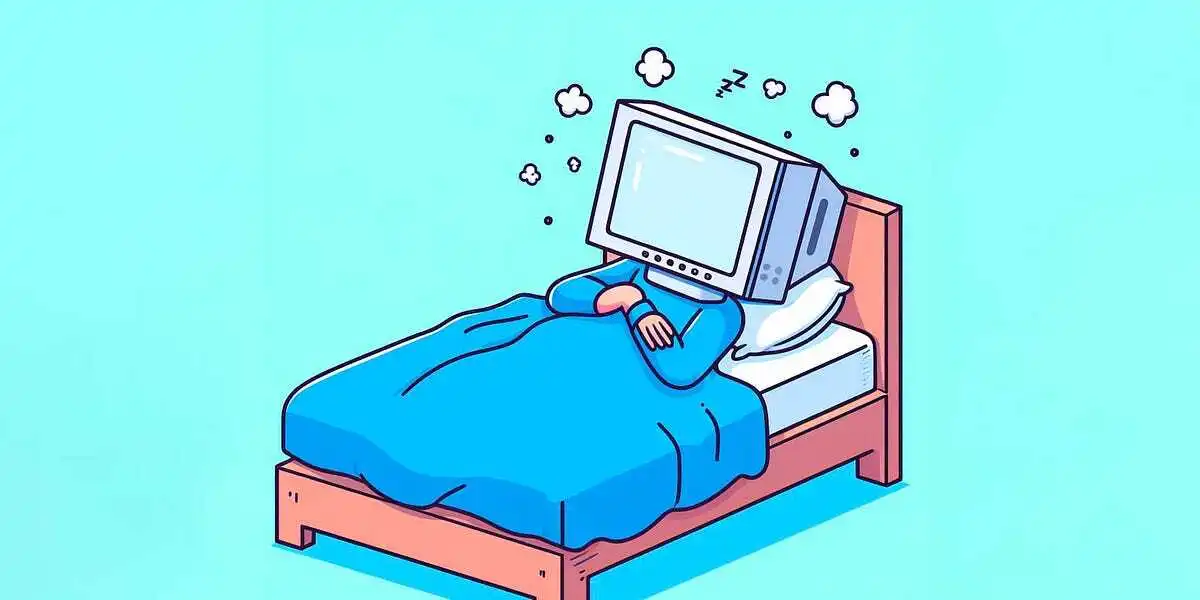Windows PCs can't sleep properly, and Microsoft wants it that way
Windows PCs can't sleep properly, and Microsoft wants it that way

www.spacebar.news
Windows PCs can't sleep properly, and Microsoft wants it that way

Windows PCs can't sleep properly, and Microsoft wants it that way

Windows PCs can't sleep properly, and Microsoft wants it that way
